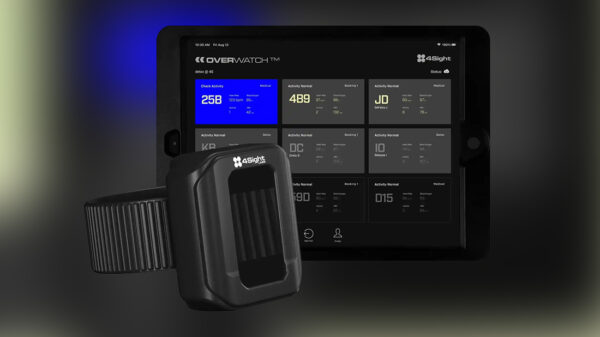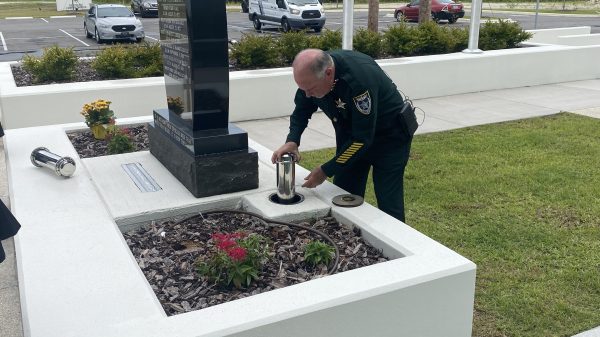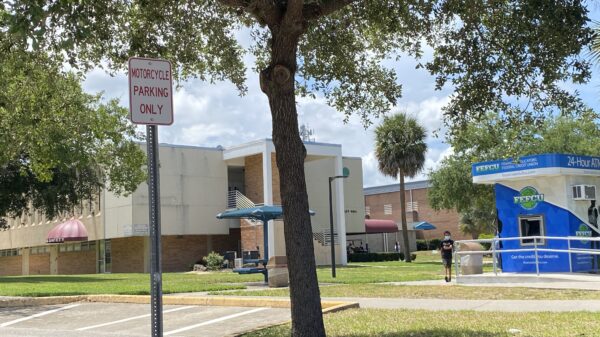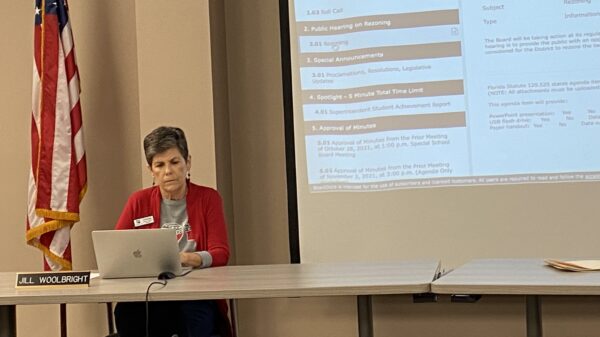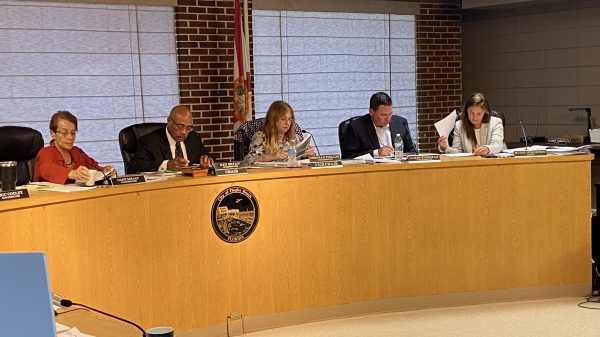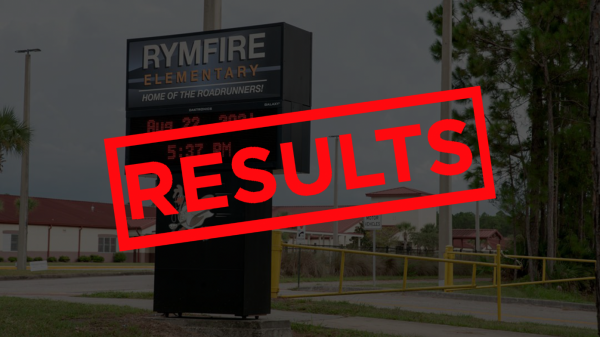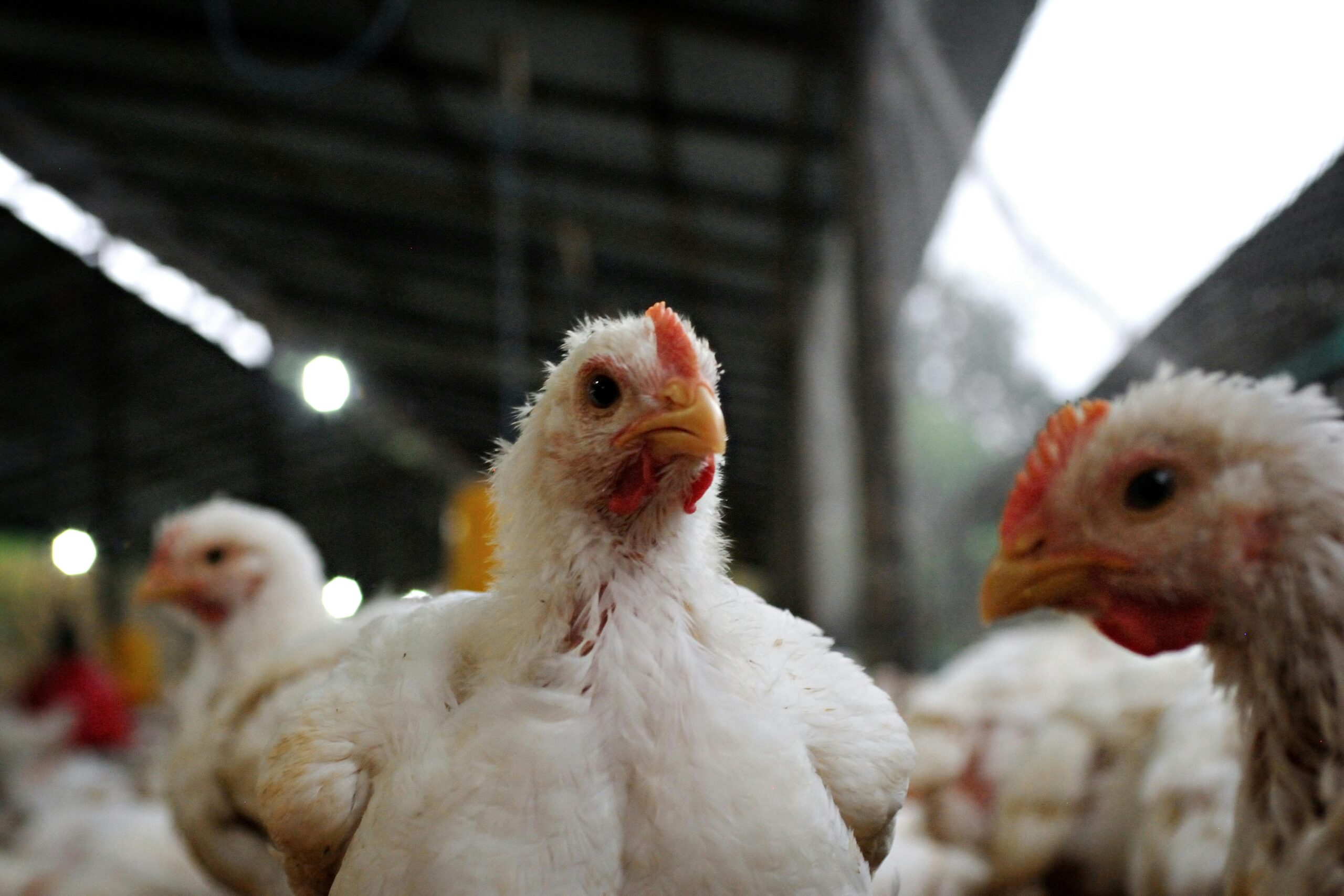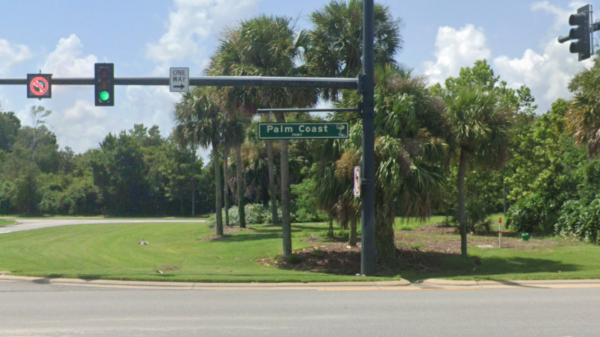Palm Coast residents seeking to keep chickens will have an avenue to do so for the first time, thanks to a new pilot program launched by the city government. The City of Palm Coast has started an application pilot program for chicken ownership. 50 permits will be doled out on a first-come, first-serve basis.
Those looking to apply can do so by visiting the City of Palm Coast Building Department online and clicking ‘Homeowner Permitting’. In the following dropdown menu, residents can click ‘Chicken Coop’, ‘Backyard Chickens’, and ‘Pilot Program’ to access the necessary paperwork. From here, applicants can download the needed forms and complete them, before then submitting on the city’s online permitting services page.
Rules for Chicken Owners
There will be certain restrictions upon those participating in the pilot program. Participants will be limited to a maximum of four chickens. They’ll be required to keep them on their property inside of a chicken coop located ten feet or more from the back of the property and seven and a half feet or more from the sides assuming standard lot size.
Applicants will be required to submit a ‘detailed dimension drawing’ of the enclosure to the city. The fencing cannot be over six feet in height, and cannot exceed 100 square feet in area. Documentation will need to be submitted from the cage’s manufacturer, along with a description of how the participant will manage the chickens’ droppings.
Also required will be a proof of completion from a class such as the University of Florida Agriculture Extension Service class, which teaches about the upkeep and care required in raising chickens. The UF class was the only one listed by name but Palm Coast’s documents suggest that other comparable courses may also meet the requirement. Finally, residents will be required to submit a $50 permit fee when their permit is being issued. This fee will be required every two years by Palm Coast chicken owners.
Those ineligible for participation in the pilot program will include those living in apartment complexes, duplexes, rentals or residences under the scope of a homeowners association. Another stipulation in the program excludes roosters from the livestock allowed under the program.
Wider Background
Raising backyard chickens is a more prevalent endeavor than many realize, with one report by the National Institute of Health (NIH) citing them as the third-most common pet in several countries around the world. According to the American Pet Products Association, 11 million households in the United States own backyard chickens, up from 5.8 million in 2018 as reported by Axios.
The benefits touted by chicken owners are numerous. The environmental nonprofit Green America says using home-raised eggs can avoid supporting ‘industrial farms’ which can sometimes have inhumane living conditions for their chickens. It can also pay dividends in nutrition: a report from Piedmont Healthcare claims that chickens able to peck around for natural nutrition in their environment produce more vitamin E and omega-3 fatty acids in their eggs.
Chris Gollon is a Flagler County resident since 2004, as well as a staple of the local independent music scene and avid observer of Central Florida politics, arts, and recreation.












